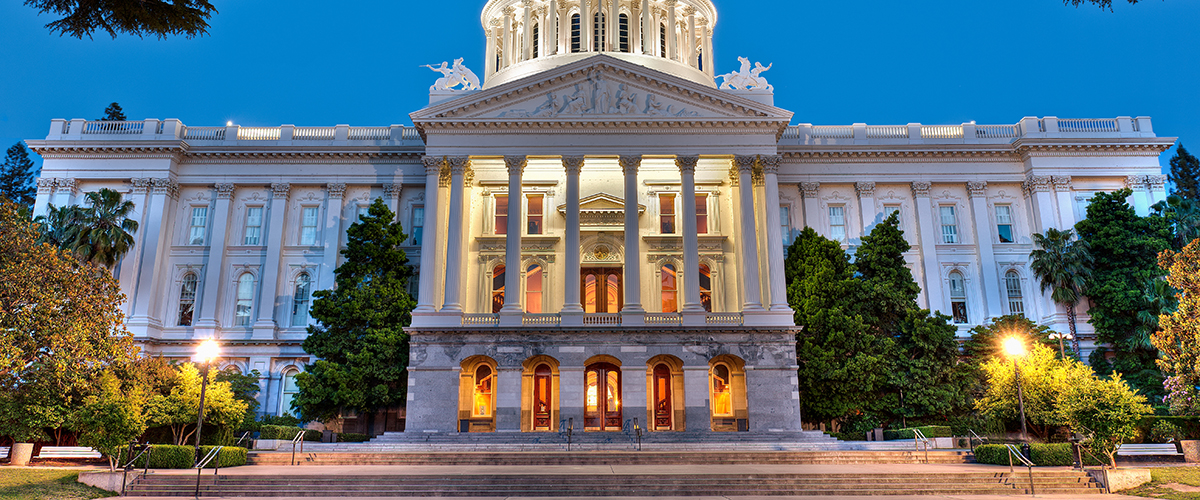California lawmakers recently passed a joint resolution that urges the federal government to reclassify marijuana.
The California State Legislature has approved a joint resolution to formally request that the U.S. Congress reschedule cannabis and its derivatives under the Controlled Substances Act. After being approved by the California Assembly with a vote of 34 to 2, the joint resolution was passed by the state Senate with a vote of 60 to 10.
Under the Controlled Substances Act, marijuana is classified as a Schedule I substance, alongside heroin and LSD. Schedule I drugs are those that are considered those have “a high potential for abuse” and “no accepted medical use in the United States.” As Schedule I, cannabis is considered by the government to be more dangerous than Schedule II drugs like cocaine and fentanyl.
The federal classification of cannabis inhibits medical research efforts by imposing additional regulations and restrictions on investigators. Earlier this summer, the U.S. Senate Appropriations Committee acknowledged that it had concerns that marijuana’s Schedule I classification impedes research and directed federal agencies to compile a report about the matter.
Cannabis’s classification as a Schedule I substance also makes banks reluctant to provide financial services to cannabis businesses. This forces cannabis businesses operating legally to operate on a cash-only basis, making them more susceptible to robberies and causing tax collection problems.
With California’s adult use market set to launch January 1, the joint resolution, introduced by Republican state Senator Jeff Stone, was issued in an effort to address the issues facing state legislators and business owners because of current federal cannabis laws.
The joint resolution, named SJR-5, reads:
“The Legislature urges the Congress of the United States to pass a law to reschedule marijuana or cannabis and its derivatives from a Schedule I drug to an alternative schedule, therefore allowing the legal research and development of marijuana or cannabis for medical use and allowing for the legal commerce of marijuana or cannabis so that businesses dealing with marijuana or cannabis can use traditional banks or financial institutions for their banking needs, which would result in providing a legal vehicle for those businesses to pay their taxes, including, but not limited to, payroll taxes, unsecured property taxes, and applicable taxes on the products sold in accordance with state and local laws.”
The joint resolution will now be sent to California’s two U.S. senators and 53 members of the U.S. House, as well as President Donald Trump, Vice President Mike Pence, House Speaker Paul Ryan, and Senate Majority Leader Mitch McConnell. Because it was passed as a joint resolution, it doesn’t require the signature of Governor Jerry Brown.
California was the first of 29 U.S. states to pass laws permitting the legal use of medical marijuana. Last November, California voters approved a measure to legalize marijuana for recreational use. The state is expected to sell $5 billion in recreational marijuana every year when sales begin in January.
Learn more about cannabis laws in the U.S. by visiting our education page. Keep up with the latest developments in the cannabis industry through our news page.






